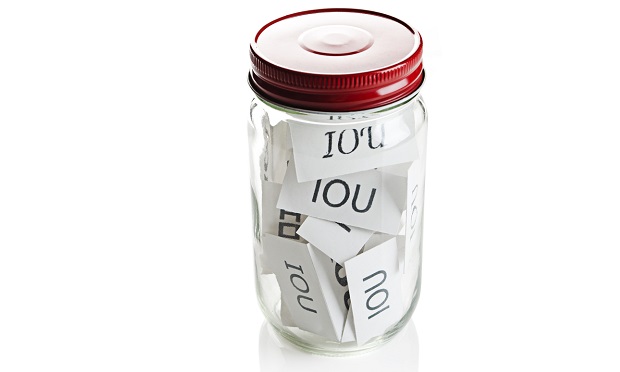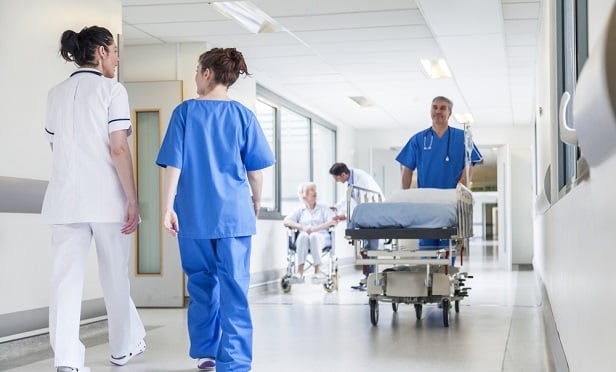 The opinion does little to make an impact on the overall causes of medical debt, but it does provide some relief for consumers who find themselves in a very stressful situation. (Photo: Shutterstock)
The opinion does little to make an impact on the overall causes of medical debt, but it does provide some relief for consumers who find themselves in a very stressful situation. (Photo: Shutterstock)
It's not a situation anyone wants to find themselves in: dodging calls from debt collectors for a medical bill you just couldn't pay. Unfortunately, with the unemployment rate increasing and many Americans finding themselves without health insurance, the incidence of unpaid medical bills is expected to rise. While hospitals prepare to double down on their collection efforts, the Department of Health and Human Services recently approved an arrangement that could offer some reprieve to patients and health systems alike.
Traditionally, if a patient isn't able to pay or work out a financing arrangement, outstanding medical debts are passed off to a collections agency. In recent years, alternative solutions to paying medical debt have become more common, from crowdfunding to charitable campaigns aimed at buying up and paying off medical debt. One such example of the latter is RIP Medical Debt, a national nonprofit that buys up and forgives medical debts.
Related: 20 percent of Americans have donated to a medical bill crowdfunding campaign
Since 2014, RIP has forgiven more than $2.5 billion in medical debt, working with charities and donors to fund its efforts. One issue that RIP has faced is that hospitals are unable to pass off the debt directly without violating anti-kickback rules, but the HHS recently said it will not penalize health systems that sell or donate the debt directly to RIP.
"At a time when the pressure on the healthcare system is so extreme, we will see a significant increase in medical debt because of the amount of care needed as a result of COVID-19 as well as patients' increasing inability to pay," RIP executive director Allison Sesso told Modern Healthcare. "We really need to be able to get hospitals to work with us—this could be a real economic stimulus for people who need the burden lifted."
As part of the advisory opinion, health systems will not be able to publicize their partnership with RIP. Doing so could be construed as a violation of the anti-kickback rules, as it could incentivize patients to go to a provider where there's a greater chance their outstanding debt would be forgiven. The advisory opinion also notes that the donors and charities that RIP works with will not be allowed to earmark donations for specific patients or treatment types.
The opinion does little to make an impact on the overall causes of medical debts–lack of price transparency, surprise medical bills and complex billing schemes–but it does provide some relief for consumers who find themselves in a very stressful situation.
"We know that debt itself is a social determinant of health, so if a hospital's goal is to reduce peoples' stress and improve their health outcomes, this is one way to address that," Sesso added.
Read more:
© 2025 ALM Global, LLC, All Rights Reserved. Request academic re-use from www.copyright.com. All other uses, submit a request to [email protected]. For more information visit Asset & Logo Licensing.








